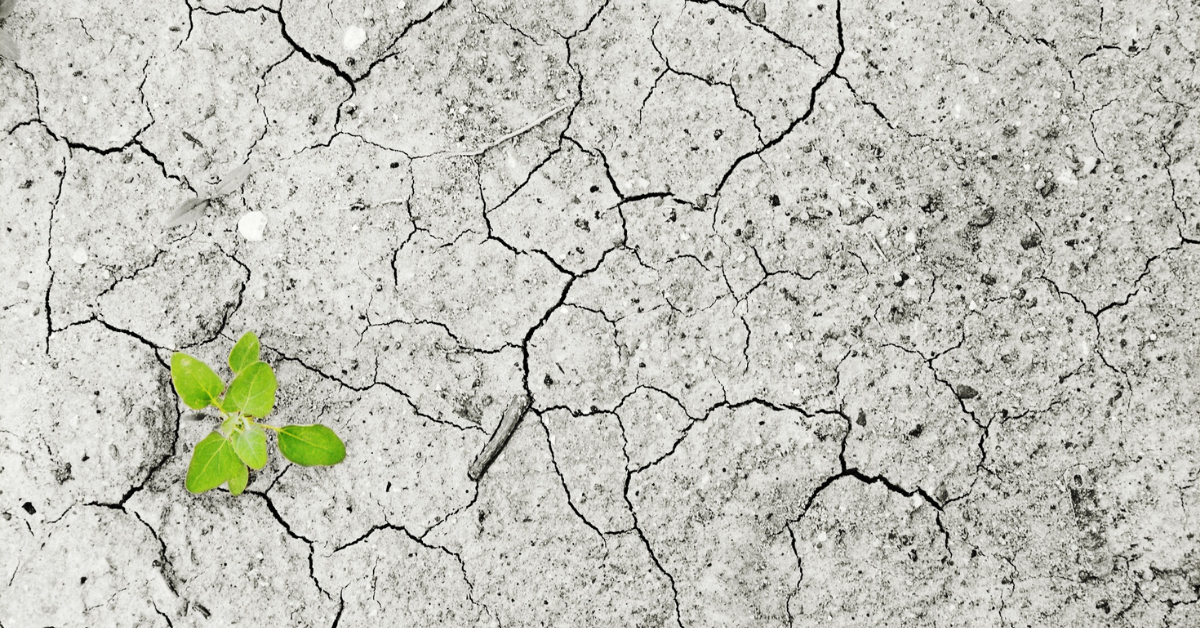COP26 is over – but what are the outcomes and how do they effect the Global South?
 Photo: Climate change / Canva.
Photo: Climate change / Canva.
The COP26 UN Climate Change Conference came to an end in the evening of November 13. Researchers across the globe has since then analysed the outcomes, highlighting both successes and failures. Assessments show that the agreements made at COP26 result in a best case scenario of a global warming between 1.8-2.4 degrees, indicating that the world needs to do more if the 1.5 degrees target of the Paris Agreement is to be met.
SweDev had a talk with three researchers from Swedish institutions who participated at the global meeting to hear their thoughts and reflections. The first person in this series of three interviews is Aysem Mert. She is an Associate Professor/Senior Lecturer at Stockholm University & Senior Research Fellow at the Centre for Global Cooperation Research, University of Duisburg-Essen.

Aysem Mert. Photo: Private.
What were the most successful and least successful outcomes of COP26 according to you?
At the policy level, the most positive change was the recognition that fossil fuels must be phased down. Until now, fossil fuels have not been mentioned in texts of intergovernmental climate politics.
We have also seen more than 100 countries joining a U.S. and E.U.-led coalition to cut 30 percent of methane emissions by 2030, through the Methane Pledge, which was another positive development. Finally, and most importantly, countries stood by the 1.5 degrees commitment they have made in the Paris Agreement.
However, the general shift away from binding agreements to voluntary schemes among like-minded political actors carries a potential risk. “Pledges”, “coalitions of the willing”, “mini-lateral agreements” may or may not be effective in their own right. The first problem with such voluntary measures is that no one can be held accountable if they fail. They are promises, indications, and hopes – all of which are important, but they are not the same as on-the-ground actions. Building global consensus and negotiating binding regulations are central to global environmental diplomacy. If voluntary commitments begin to replace more systematic action or are strategically used to watering down binding regulations, the urgent steps needed to tackle climate change might be postponed.
Finally, while it is not an outcome as such, this summit was marked by strict regulations in the name of health and security measures. While some of these measures are arguably necessary, it was frustrating for the civil society and non-party observers whose inclusion and participation in the talks were restricted to a great degree. This had implications on democratic legitimacy, as many stakeholders found it difficult to make their voices heard.
Do you think that the agreement at COP26 is based on research and knowledge? If no, what can be done to increase the use of knowledge?
It is important to recognize that scientific knowledge production is a political process from the beginning to the end. This does not mean that scientific knowledge is invalid, but that it has paradigms, levels of complexity, and limitations. In the agreement resulting from the COP, and in general, the inclusion of social science and humanities in the IPCC or any climate policy document is very limited. This is even more so the case, for critical, transdisciplinary, inclusive research projects which aim to show the complexities, contestations, and challenges involved in addressing climate change.
A lot can be done about the above, starting with creating epistemologically democratic and pluralist curriculums in schools, and creating public spaces where citizens often discuss public policy issues that touch upon their lives at all levels in society, not only in climate related institutions and platforms.
One of the big battles of COP26 was around how much money the Global North would give to the Global South. Did the negotiations show enough consideration for the Global South and their fragility to climate change?
It can be misleading to frame climate finance mechanisms as ‘the Global North’ “giving money” to the ‘Global South’. There is a justice issue here, resulting from historical continuity, both colonial, and industrial.
Early and polluting industrialisation efforts of rich countries have provided them with wealth, and resulted in the greatest amount of historical greenhouse gas emissions. Accordingly, it can be argued that these countries have a climate debt to countries whose emissions to date have been relatively limited. As a result of colonisation, and other dependencies created in more recent economic history, the Global South is more vulnerable to the extreme weather events and communities often have fewer resources to rebuild the infrastructure and livelihoods lost to the effects of climate change.
Furthermore, low and middle income countries are asked to reduce their use of fossil-fuels even if they have sovereign rights to these resources. Cleaner technologies can be expensive to invest in, and phasing down coal and oil can deprive large numbers of precarious workers of their livelihoods. In this context, the resistance of rich countries to paying their climate debt (in the form of adaptation finance and loss and damage mechanisms) is a matter of global justice. As citizens, we should question these actions both through climate activism, and in times of elections.
This interview is part of a series of three, read the other interviews with Stephen Woroniecki and Lisa Dellmuth.
